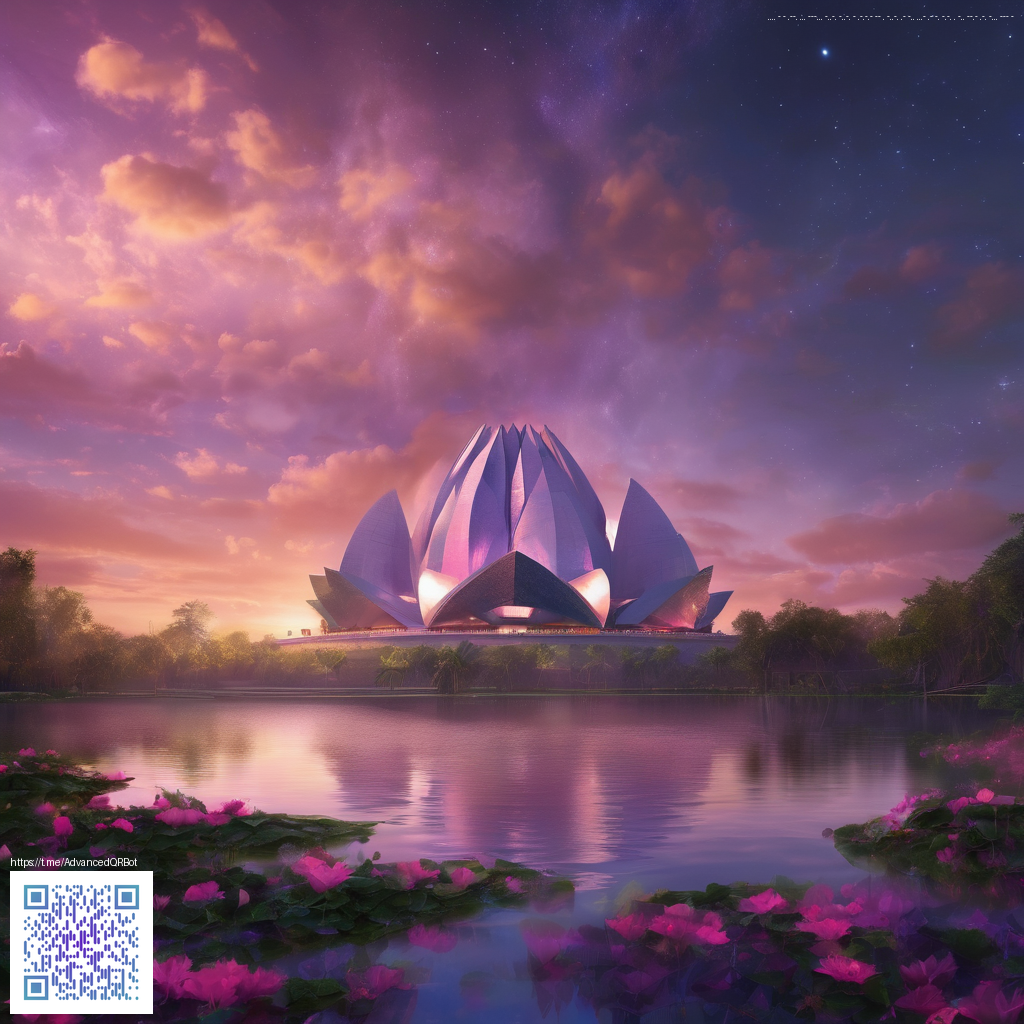
Exploring the Biggest Unanswered Questions in Rocket League
The arena crackles with speed and spectacle, yet the conversation among fans stays laser focused on the fundamentals. After every patch, tournament, and season, a handful of questions rise to the surface and refuse to stay quiet. This piece dives into the core mysteries that keep the community debating, testing, and dreaming about what comes next 💠
Gameplay mechanics and balance that spark debate
At the heart of the discourse is how the game translates quick decisions into big outcomes. Do hitboxes feel fair across all car bodies when players are chasing a fast breaking ball in crowded airstreams, or do some setups subtly alter the arc of a match? The balance question is never one note. It evolves with changes to boost dynamics, kickoff behavior, and ball physics that ripple through the meta for weeks. The drive for a responsive yet rewarding feel keeps players adjusting setups and practicing micro decisions until nerves settle into a steady rhythm 🌑
Pro players and casual fans alike crave a transparent narrative behind balance decisions. Patch notes often read like a science report, but the real value lies in the design intent behind tweaks to boost duration, decay rates, and controller responsiveness. When the community understands the why behind changes, it becomes easier to adapt and stay creative rather than simply reacting to every shift in the ladder.
Progression, cosmetics, and the economy of play
Cosmetics sparkle and so does the prospect of long term progression, but the underlying ladder and unlock systems are what keep players coming back. A lot of conversation centers on whether future updates will expand cross platform progression, improve accessibility, or introduce fresh rewards that feel meaningful over time. The tension between collecting rare items and keeping the game approachable fuels streams, guides, and late night discussions about value and identity in the scene 👁️
Beyond vanity items, players ask how earned progression translates into meaningful milestones. What constitutes a fair grind for dedicated competitors, and how do developers balance monetization with player empowerment? These questions spark hot debates in lobby chat and on tournament casters’ desks alike, reminding everyone that progression is as much about psychology as it is about numbers.
Modding culture and community experimentation
Rocket League with a keyboard and a community server can feel like a playground for ideas. The PC crowd has long experimented with training packs, custom color palettes, and spectator tools that elevate watchability. While official support for full blown mods remains constrained by security and fairness concerns, fans still push for ways to prototype concepts in safe, semi public environments. This culture of tinkering fosters creativity while highlighting the need for clear anti cheat integration and robust moderation.
Modding conversations also remind players that the best ideas often sprout from outside the mainstream playlist. Concepts born in private labs or community labs can influence official features down the line, serving as a bridge between imagination and implementation. The result is a living cycle where experimentation feeds iteration, and iteration feeds excitement.
Developer commentary and the cadence of updates
Fans hunger for direct, thoughtful commentary from Psyonix and its partners. The cadence of updates—how often new features arrive, how patch notes are explained, and how roadmaps are communicated—shapes trust and engagement. When developers share the context behind a change and illuminate the goals behind a season’s direction, players feel seen and part of a larger design conversation rather than mere data points in a scoreboard. The tone of these exchanges often frames not just the what but the why, turning updates into momentum rather than interruptions.
The best moments come when developers acknowledge tradeoffs and invite community feedback. Acknowledgment paired with actionable adjustments helps preserve the game’s identity while inviting players to push the boundaries of what is possible on the field and in the training ground 💬
Key unanswered questions drawing the community together
Several big topics keep resurfacing as the game evolves. Is cross platform progression truly universal, or will there be edge cases that require workarounds or new account flows? How will the engine continue to adapt to evolving physics experiments without destabilizing balance in the current meta? What features will elevate spectatorship, coaching tools, and tournament workflows for a broader audience? These questions aren’t just theoretical; they guide how players train, how streamers plan their content, and how newcomers imagine starting their own journey.
In this ongoing dialogue, the community acts as a living test bed for ideas. Every data point, flip reset, and save replay contributes to a shared map of possibilities, keeping the game fresh while honoring its core speed and smoothness. The energy is high, the stakes are accessible, and the ride remains wildly entertaining 💠
For readers seeking broader context on how design decisions ripple through different media and genres, these reads offer illuminating perspectives. They connect the dots between data driven design, community perception, and platform dynamics, illustrating how large scale systems evolve in tandem with their audiences:
AI tools that accelerate product creation • Pokemon trading card stats and card IDs • Mythic echoes in Gaia landfall design • NFT stats and collectible ecosystems • Cities Skylines design benchmarks
The conversation will continue to evolve as patches land and players push the boundaries of what is possible on the field. Expect honest updates, thoughtful balance decisions, and a thriving ecosystem of coaching, casting, and community led experiments that keep the game vibrant and fun 💡
Support the decentralized internet and the creators who push for open, community led gaming spaces.
Support the Decentralized Internet